Cathy Freeman’s Olympic win encoded in our DNA — literally
Film of Cathy Freeman sprinting to Olympic victory was splashed across the Sydney Opera House sails on Friday night, celebrating the moment and also premiering experimental technology aimed at preserving it for thousands of years.
NSW
Don't miss out on the headlines from NSW. Followed categories will be added to My News.
- ‘Will you still love me if I lose?’: Cathy’s moment of doubt
- Why Cathy Freeman didn’t want to light Sydney Olympic flame
- Cathy Freeman: ‘People, for that small moment, became equal’
- Subscribe to our Daily News Podcast
Cathy Freeman lit up the Olympic stadium crowd when she won gold in 2000, and that magical 49:11 seconds lit up the Sydney Opera House sails on Friday night, celebrating a moment now safe from time thanks to radical new technology.
The invaluable footage of the race has been encoded into DNA to preserve it for thousands of years so future generations can experience the once-in-a-lifetime win.
The microscopic strand of synthetic DNA is part of a National Film and Sound Archive pilot program.
It is the first time a “heritage film” has been encoded on DNA, according to NFSA CEO Jan Muller. Up to now, only documents, photographs and audio files have been encoded.
“We want to show that this is possible and that it is a viable solution for the future,” Mr Muller said.
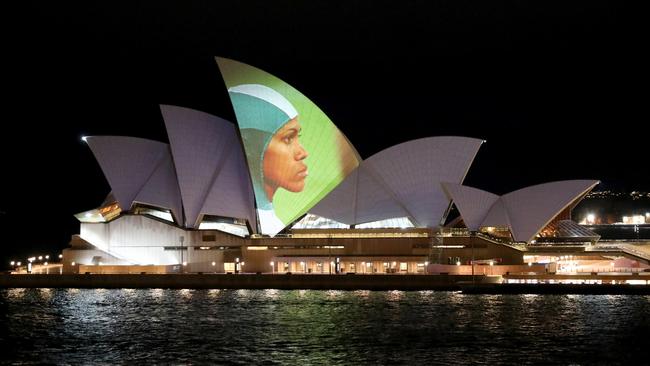
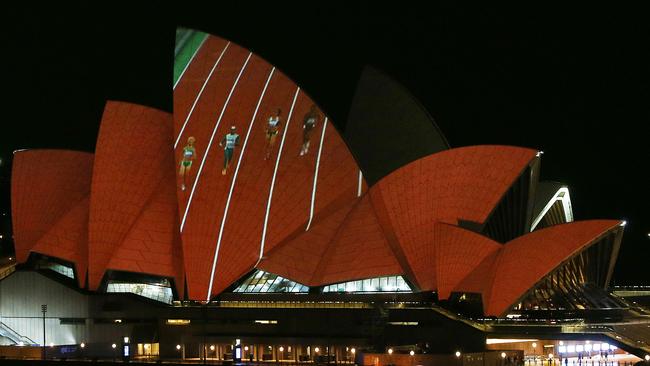
Download our app and stay up to date anywhere, anytime
Mr Muller hopes to store the NFSA’s entire collection on DNA.
DNA storage is stable and sustainable. Once encoded on DNA, a collection can be accessed at any time and will last for millennia without having to be maintained in any way.
Most archives now store their collections on magnetic tape, which needs to be renewed every 10 years, Mr Muller said.
The master copy of the Freeman race footage, owned by the Olympic Foundation for Culture and Heritage, is stored in Switzerland on magnetic tape.
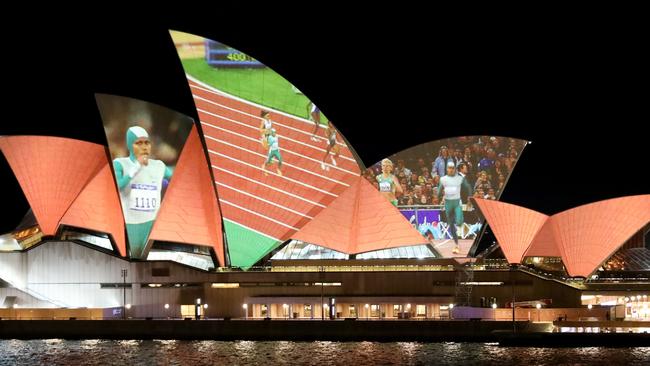
Mr Muller said the NFSA is “an international leader in audiovisual preservation”. But DNA encoding cannot be introduced yet because it is still too expensive to be viable.
Encoding the Freeman film would have cost $20,000 if all parties had not contributed to the pilot program free of charge. (NFSA is collaborating with the IOC, Queensland University of Technology and a Californian biotech developer.)
What you get as a subscriber to The Daily Telegraph
Like most technology, archival DNA encoding will rapidly become cheaper, Mr Muller said.
He said there was an urgent need to investigate new ways to preserve the exponentially growing mountains of data being generated in a digital world.
“Data and storage management are the biggest challenges for the archives of the future,” he said.
“The world’s ability to store digital data is not keeping pace with its exponential growth.”
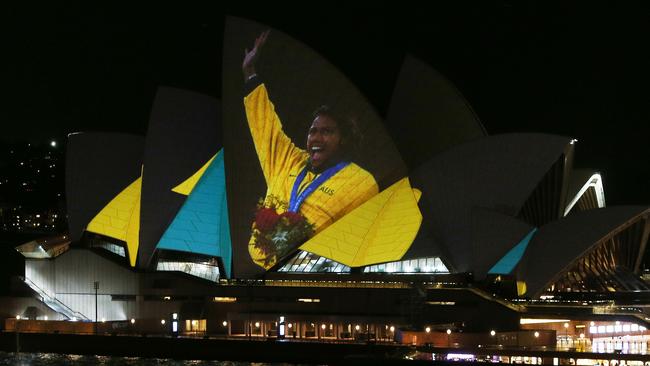
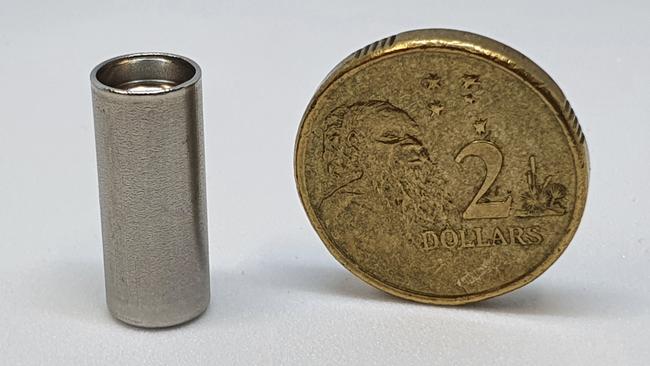
Next year’s Tokyo Olympics will generate an estimated 7000 hours of audiovisual data, according to OFCH head of heritage Yasmin Meichtry.
“Data storage will soon become an issue for the IOC,” Ms Meichtry said.
It’s the same for the NFSA, whose collection includes films, television and radio programs, videos, audiotapes, records, CDs, phonograph cylinders and wire recordings, photographs, scripts, costumes, props and oral histories.
Mr Muller said the device containing Freeman’s race film in DNA resembles a “bullet”.
It arrived in Australia last week — by mail.
